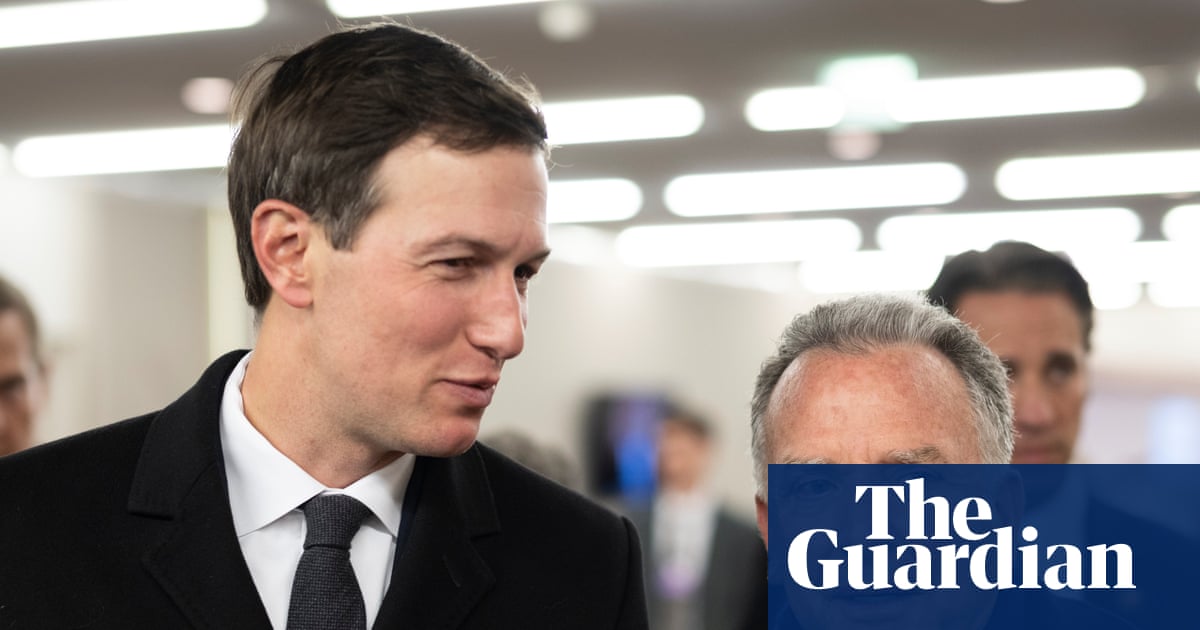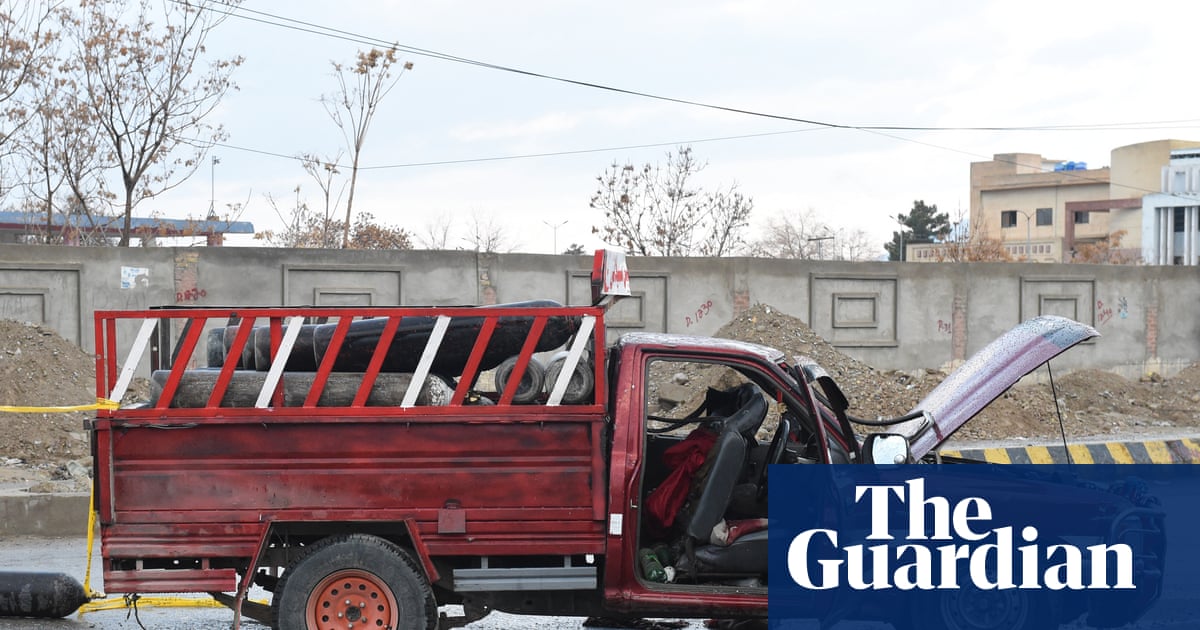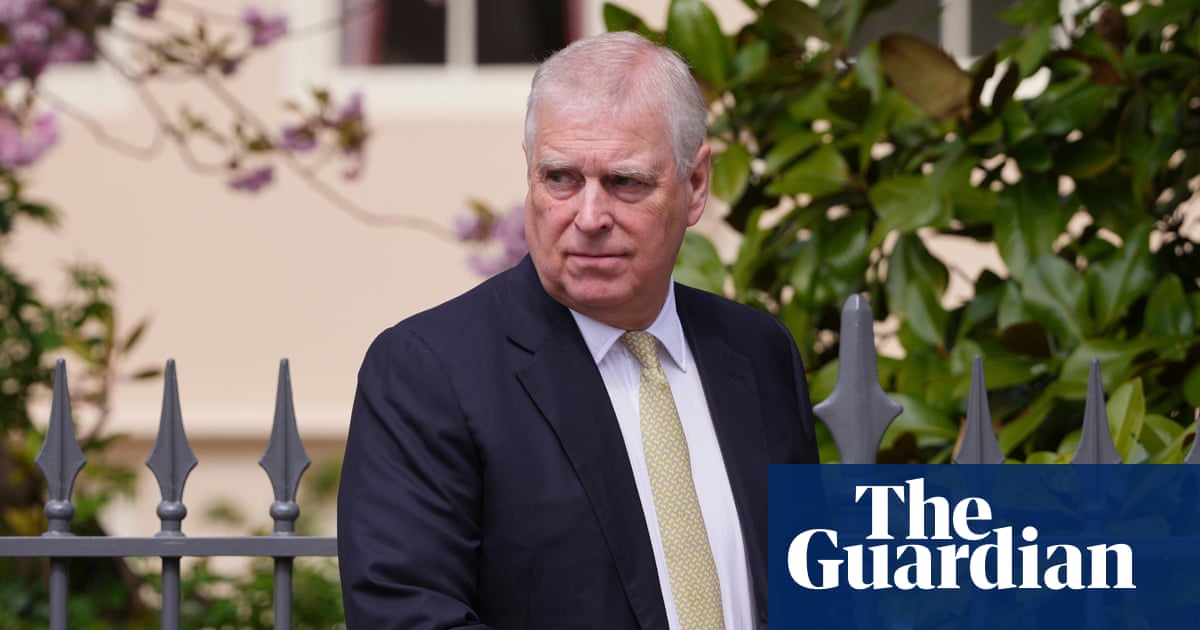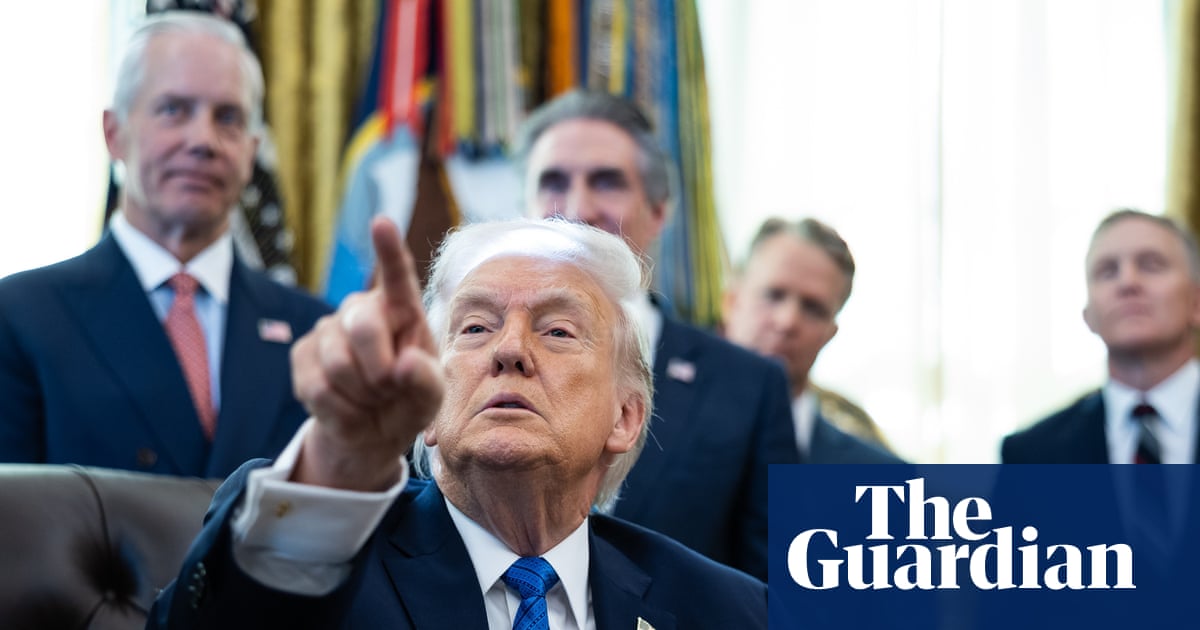The cost of taking control of British Steel has risen to £235m, the UK government has said, as it acknowledged concern over the threat of EU tariffs that could significantly harm the business.
The government passed emergency legislation in April to take control of British Steel amid fears that its Chinese owner, Jingye Steel, was planning to walk away from its Scunthorpe steelworks.
The takeover preserved the jobs of 3,500 workers at British Steel but it has left the government footing the bill for the loss-making company. The industry minister, Chris McDonald, said the government had paid for “working capital, covering items such as raw materials, salaries, and addressing unpaid bills, including for SMEs (small and medium-sized enterprises) in the supply chain”, in a written statement to parliament published this week.
The latest costs add to the £604m spent on keeping the Scunthorpe plant going in 2019 and 2020, when it collapsed into insolvency under its previous owner, the private equity fund Greybull Capital. Jingye bought it in early 2020.
The government’s strategy has been to try to increase British Steel’s output in order to raise profitability, after Jingye claimed the Scunthorpe operation was losing £700,000 a day because of a global glut. The government’s official receiver is also temporarily in control of Liberty Steel after it collapsed into administration.
Charlotte Brumpton-Childs, a national officer at GMB, a union representing workers, said: “This investment in our steel communities is exactly what taxpayers’ money should be used for. Under the previous government, £500m was given to Tata to make more than 2,000 people redundant. The people of Port Talbot will not forget.
“In contrast, British Steel has taken on more than 50 apprentices this year, supported a further 180 people into employment and has continued to produce world-beating steel. This is clearly money well spent.”
However, the problems facing British Steel and the rest of the UK steel industry could be compounded if the EU carries out a threat to raise tariffs on steel imports to 50%. UK Steel, a lobby group, said it was an “existential threat” to the sector, because 78% of all steel exports from Britain went to the EU.
McDonald, himself a former steel executive, said the EU tariff threat “will be highly concerning for many of our steel producers and their workers”.
Government ministers and officials have held talks with their EU counterparts in the hope of agreeing a quota for UK exports that would allow products to keep flowing.
The EU tariffs were largely aimed at protecting its own producers from the global glut of steel that originated in China. Over the last three decades China has transformed from a minor player to the world’s largest producer, responsible for more than half of global output in 2024.
after newsletter promotion
A slowing home economy and a crisis in its property sector have hit demand, prompting Chinese steelmakers to look abroad to sell its products. That has sent shock waves through global steel markets, causing crises across the developed world.
The UK was also represented at a ministerial meeting this week on global excess capacity, which may eventually aim to combat Chinese dumping. However, that would probably require coordination between the EU and US, an unlikely prospect while Donald Trump is president.

 3 months ago
78
3 months ago
78

















































